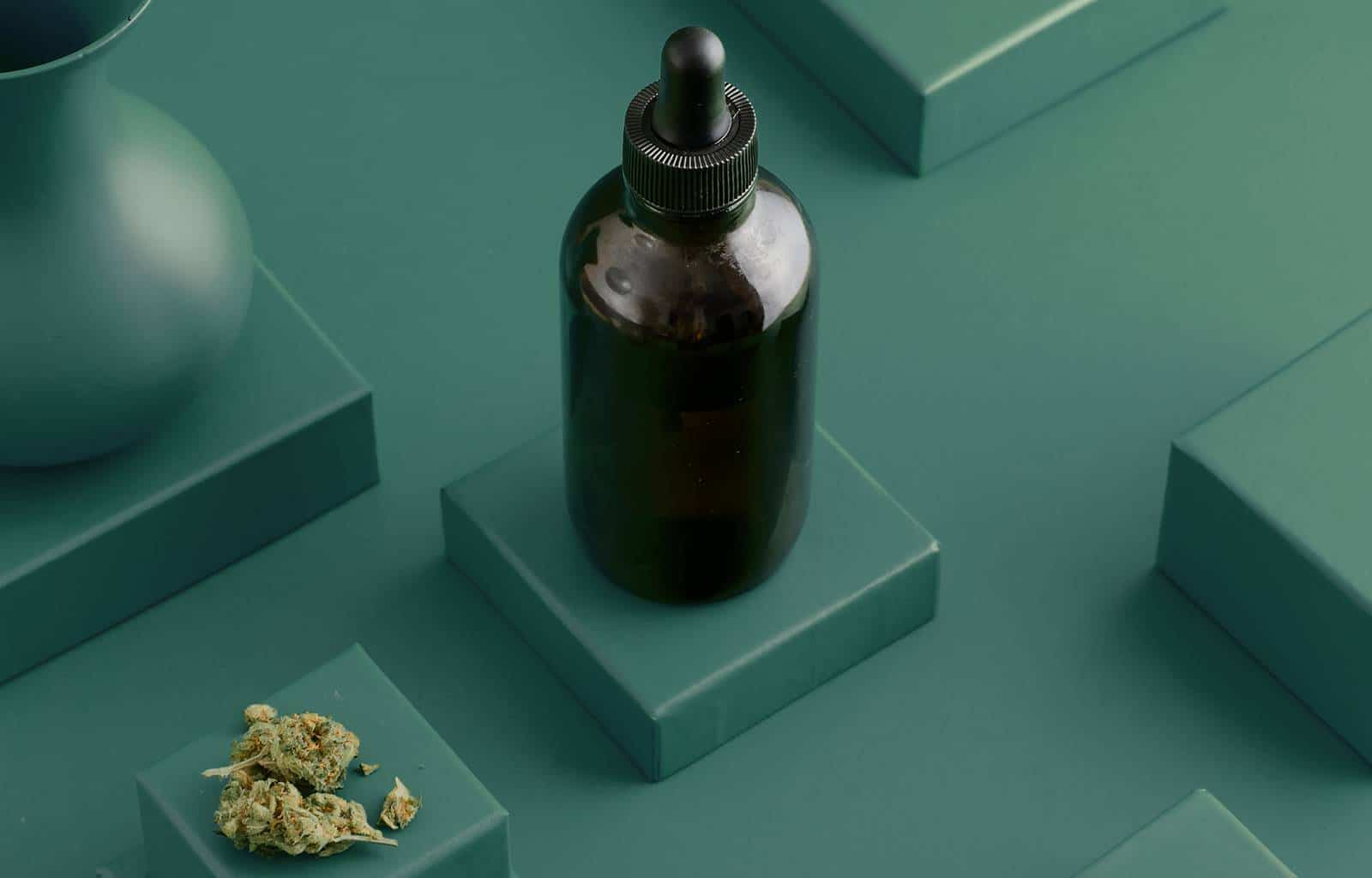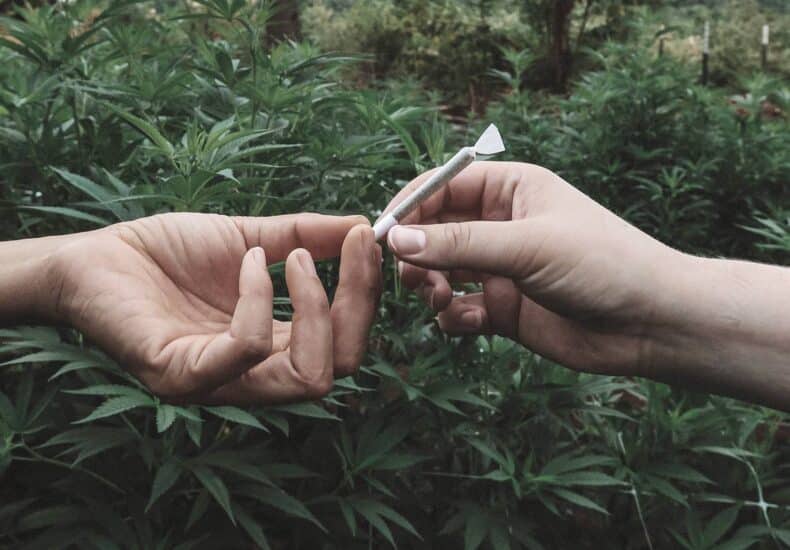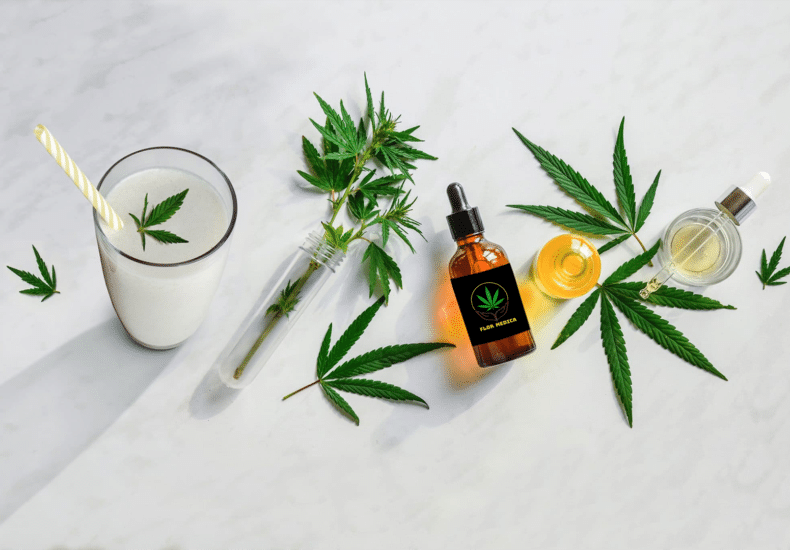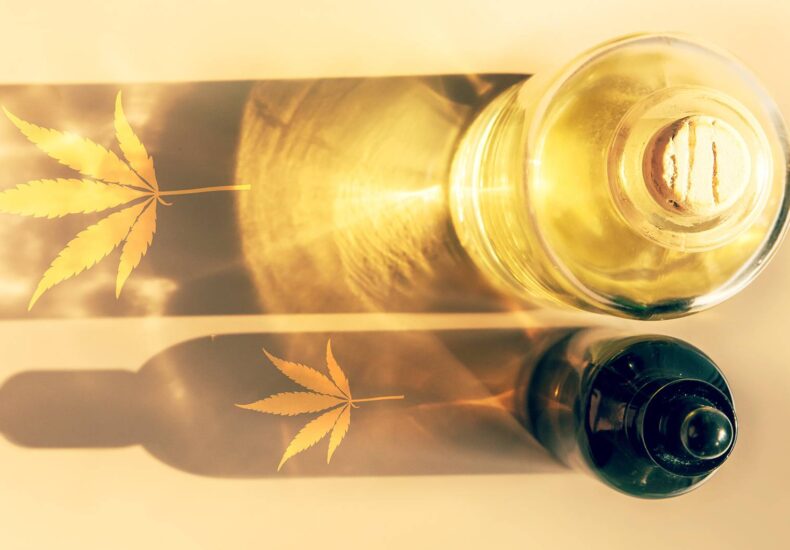
Have you ever tried to find CBD products but found yourself bombarded with terms like Full Spectrum and broad Spectrum CBD? Does it sound confusing? Well, then you are not alone.
The difference between full Spectrum vs broad Spectrum CBD is quite minute but makes a huge difference. If you are confused between the two types of CBD, then we have got you covered.
This article will tell you everything you need to know about full Spectrum and broad Spectrum CBD. Not only that, we will briefly discuss the difference between Spectrum and isolate so you can choose the right form of CBD for yourself.
A Little Background About CBD
Cannabidiol (CBD) is a cannabinoid extracted from the hemp or cannabis plant. It was discovered in 1940, and is one of the 120 phytocannabinoids discovered to date. CBD is federally legalized in the US as long as the THC levels are under 0.3 percent.
You can take CBD orally, inhale using vapes and joints, and in the form of topical treatments. It is famous for its potential health benefits and healing properties as it influences the CB1 and CB2 receptors in our endocannabinoid system. However, according to recent studies, the working of CBD is much more complicated than that.
Not to confuse Marijuana with CBD as they are two different drugs. Pure CBD will not induce the feeling of getting high as it is not a psychoactive compound. There are three different types of CBD categorized based on their extraction process that we will talk about in this article —Full Spectrum, Broad Spectrum, and Isolates.
Difference Between Full Spectrum and Broad Spectrum CBD
CBD is gaining more popularity in the wellness market because of its potential health benefits. Two of the three primary forms of CBD extract are full-spectrum CBD and broad-spectrum CBD. So, as we talk about the full spectrum vs Broad Spectrum CBD, let’s find out the difference.
What is Full Spectrum CBD?
The primary distinction between the two is the inclusion of naturally occurring plant components in the extract. Multiple cannabis plant components, including THC, are part of the full-spectrum CBD products.
THC levels in federally approved full-spectrum products will always be less than 0.3 percent. This small amount of THC is usually insufficient to produce the feeling of getting high that most people associate with cannabis consumption.
Full-spectrum products with higher THC levels may be available in specific regions but require a prescription from a licensed doctor. In addition, THC levels might rise when manufacturers develop concentrated formulas for medical purposes. Some Full Spectrum formulas can contain up to 2 milligrams of THC, which can induce euphoria in some people.
A research was conducted which speculated that when numerous cannabis plant chemicals are present alongside CBD extract, the health advantages of the CBD product increases. It is known as the entourage effect.
Keep in mind that utilizing CBD is a trial-and-error procedure. Therefore, it may be worth investigating both Full Spectrum and Broad Spectrum products to see what suits your needs the best.
Pros and Cons of Full Spectrum CBD
There are a few benefits of Full Spectrum CBD that you cannot find in Broad Spectrum CBD and CBD isolates. Here are the basic pros and cons of Full Spectrum CBD:
Pros
- Full Spectrum CBD induces an entourage effect which can be beneficial for various physical and mental problems.
- The entourage effect has the potential to reduce the symptoms of mood and anxiety disorders in human beings.
- Full Spectrum CBD has terpenes that enhance the efficiency of cannabinoids when they react with the endocannabinoid system.
Cons
- Full Spectrum CBD contains trace amounts of THC that can get you feeling a bit doozy. High THC CBD products are illegal globally.
- This form of CBD can show up in a drug test.
What is Broad Spectrum CBD?
In Broad spectrum CBD products, manufacturers filter THC out during the extraction process. However, It is not 100 percent pure CBD because it contains other cannabis extracts or hemp plant components.
It’s the middle option among the three CBD types, which is ideal for people who want to reap all the benefits of CBD without getting high.
One possible benefit of Broad Spectrum CBD is that it keeps your mind clear and does not make you feel drowsy. Also, since there’s no THC, there is no feeling of getting high, making it ideal for daytime use.
However, CBD without THC may not be as efficient as Full Spectrum CBD. More study is needed, but the entourage effect suggests they may be most effective when combined.
Apart from that, Broad Spectrum CBD comes with its own several benefits. Other cannabinoids, terpenes, and flavonoids are present in broad-spectrum CBD, which may provide advantages in addition to CBD.
Research is underway, and according to trusted sources, both Full Spectrum and Broad Spectrum CBD may be beneficial for some diseases. Because of the entourage effect, full-spectrum CBD could be the best choice for illnesses including chronic emotional distress.
However, if you want to completely stay away from THC, Broad Spectrum CBD products are the best option. It is also quite a common choice among people who use CBD for recreational purposes.
Pros and Cons of Broad Spectrum CBD
Broad Spectrum is a popular form of CBD among wellness enthusiasts. However, it comes with its pros and cons. Here’s what they are:
Pros
- Since Broad Spectrum CBD comes with no trace amounts of THC, it will keep your mind feeling fresh and alert.
- It is ideal for people who want to experience the benefits of cannabinoids without getting high.
- The blend of cannabinoids, terpenes, and flavonoids efficiently interacts with the endocannabinoid system and can provide you with healing benefits without any potential side effects.
Cons
- Broad Spectrum CBD does not contain THC, which means the consumers will not benefit from the entourage effect.
- Most flights do not allow Broad Spectrum CBD products on board.
What is the Entourage Effect?
The entourage effect is a phenomenon in which multiple compounds are used to get the desired result which they could not achieve if used separately. In 1999, the theory of the entourage effect came forward while conducting a study of Phytocannabinoids.
You can use full spectrum cannabis oil to achieve the entourage effect. Manufacturers use alcohol or oil-like solvent extraction methods to extract cannabinoids from the plant.
These two compounds, when combined together, produce a thick and sticky substance known as cannabis oil. It contains all the cannabinoids, including CBD, CBN, CBG, etc., along with THC, terpenes, and flavonoids.
The entourage effect helps to increase the effectiveness of the CBD, THC, and CBN compounds. These cannabinoids work directly with CB1 and CB2 receptors and reduce the symptoms of a number of ailments.
These combined compounds have the power to improve the functional ability of the CBD. When THC and CBD combine, their interaction with other cannabinoids produces reactions in the body that are proven to be more effective than taken individually.
You cannot achieve the entourage effect with broad spectrum, and CBD isolates as they go through different filtration processes. If any compound of the cannabis or hemp plant is missing, it won’t result in the same way.
Full Spectrum vs Broad Spectrum CBD: Which One is The Right for You?
The type of CBD you choose depends on your requirements and personal preference. If you want to experience the benefits of cannabinoids terpenes and flavonoids without getting high, then Broad Spectrum CBD is the best option for you.
If you are using CBD for the complete experience of healing, relaxation, and getting high, then Full Spectrum CBD is what you need to try. You can easily find Full Spectrum CBD products with less than 0.3 percent THC and with a higher CBD and THC ratio on prescription.



